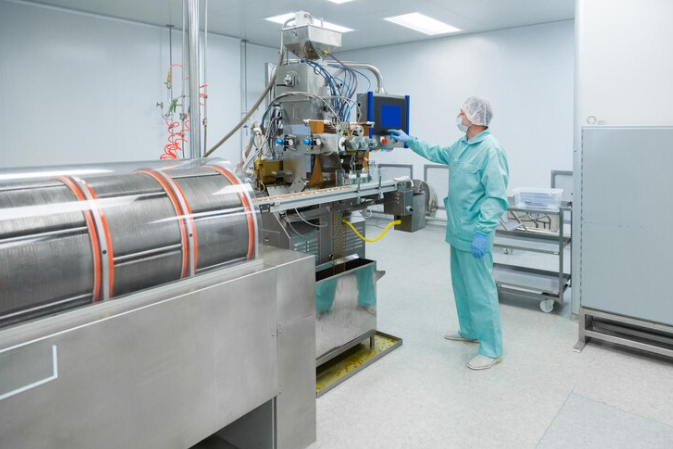The Importance of Technological Capability in Plastic Manufacturing in USA
- nubs plasticsinc
- May 8, 2024
- 2 min read

In the realm of modern industry, Plastic Manufacturing in USA stands as a cornerstone of economic growth and innovation. From everyday consumer goods to complex industrial components, plastics have become ubiquitous in our daily lives. However, the success and sustainability of this industry hinge not only on traditional manufacturing practices but also on the integration of cutting-edge technology. we delve into the significance of technological capability in Plastic Manufacturing in USA and how it shapes the industry's present and future landscape.
Technological Advancements Fueling Plastic Manufacturing
In recent years, technological advancements have revolutionized Plastic Manufacturing in USA. Automation, artificial intelligence, and robotics have streamlined production processes, enhancing efficiency and reducing costs. Advanced materials science has led to the development of innovative polymers with superior properties, expanding the range of applications for plastics. Additive manufacturing, commonly known as 3D printing, has opened up new possibilities for prototyping and customized production.
Moreover, the integration of digital technologies such as Internet of Things (IoT) and big data analytics has enabled manufacturers to optimize operations, improve quality control, and minimize waste. Real-time monitoring of equipment and predictive maintenance have become standard practices, ensuring uninterrupted production cycles and minimizing downtime.
Competitive Advantage and Market Position
In today's highly competitive global market, technological capability serves as a key differentiator for Plastic Manufacturing in USA. Companies that invest in state-of-the-art machinery, research and development, and digital infrastructure gain a significant competitive advantage. They can offer innovative products with enhanced performance characteristics, cater to specific customer requirements, and adapt swiftly to changing market demands.
Furthermore, technological prowess enhances the sustainability credentials of Plastic Manufacturing in USA. Efficient processes, optimized resource utilization, and eco-friendly materials contribute to reducing the industry's environmental footprint. This not only aligns with consumer preferences for sustainable products but also meets regulatory requirements aimed at mitigating environmental impact.
Future Prospects and Challenges
Looking ahead, the role of technological capability in Plastic Manufacturing in USA is poised to grow even further. Emerging technologies such as nanotechnology, bioplastics, and advanced recycling hold promise for revolutionizing the industry. Nanocomposites offer enhanced mechanical properties and thermal stability, opening up new opportunities in sectors like aerospace and automotive.
Bioplastics, derived from renewable sources, present a sustainable alternative to conventional plastics, addressing concerns about fossil fuel dependency and plastic pollution. Additionally, advancements in recycling technologies, including chemical and mechanical processes, enable the circular economy model, wherein plastics are recycled and reused repeatedly, minimizing waste and conserving resources.
However, amidst these opportunities, Plastic Manufacturing in USA also faces challenges. Cybersecurity threats, technological obsolescence, and skill shortages pose significant risks to the industry's continued growth and competitiveness. Moreover, the transition towards sustainable practices requires substantial investment and collaboration across the value chain.
Conclusion
In conclusion, technological capability is indispensable to the success and sustainability of Plastic Manufacturing in USA. By embracing innovation and harnessing the power of technology, manufacturers can enhance efficiency, improve product quality, and meet evolving consumer demands. Moreover, technological advancements pave the way for a more sustainable future, where plastics play a vital role in driving economic growth while minimizing environmental impact. As the industry continues to evolve, investing in technological prowess will remain paramount to maintaining.




Comments